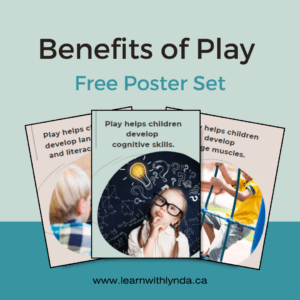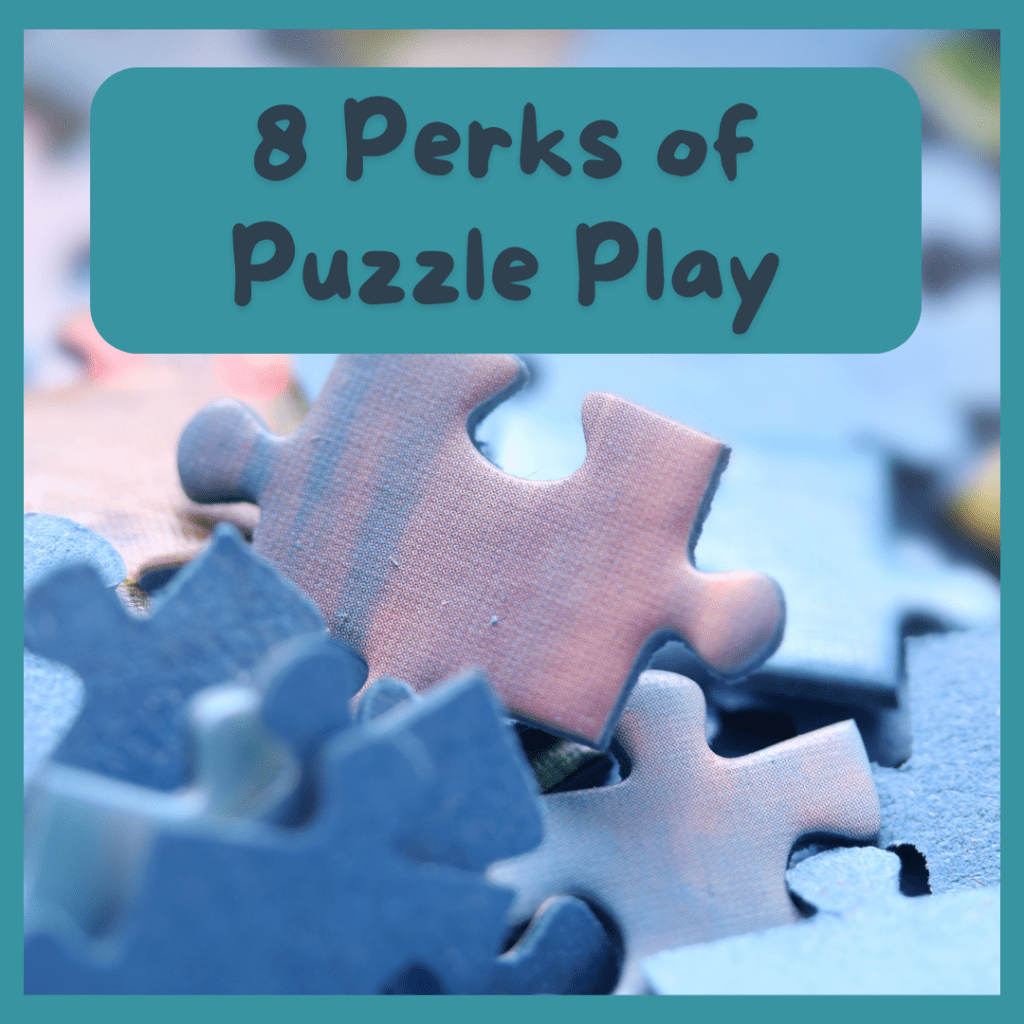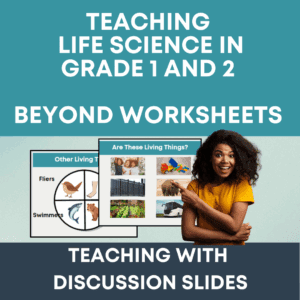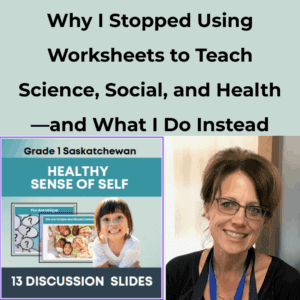A puzzle is more than just a fun game. Puzzles help children learn and grow in many ways. You can use puzzles in your classroom or your home to help children build so many important skills.
Here’s how puzzles can help children learn:
1. Matching Colours, Shapes, and Patterns
Puzzles often have pieces in different colours, shapes, and patterns. When children match these pieces, they learn to recognize and understand how different parts fit together. This helps them build early math and thinking skills.
2. Developing Fine Motor Control
Picking up and placing puzzle pieces helps children develop fine motor skills. These small movements strengthen the muscles in their hands and fingers. Fine motor control is very important for tasks like writing, drawing, and using tools.
3. Counting and Sequencing with a Puzzle
Puzzles can help children learn about numbers and order. They might count how many pieces are left or decide what piece should come next. These activities help them understand basic math concepts.
4. Planning and Problem Solving
Solving a puzzle requires children to think and plan. They need to figure out how the pieces fit together, which helps them develop problem-solving skills. This teaches them to think critically and keep trying, even when something is hard.



5. Learning About Parts and Whole
Puzzles are great for teaching kids about parts and wholes. When they put together a puzzle, they see how smaller pieces combine to make a complete picture. This idea is important in subjects like math and science.
6. Developing Focus and Persistence with a Puzzle
Working on a puzzle takes focus and patience. Children learn to concentrate on the task and not give up until it’s done. These skills are important for success in school and life.
7. Developing Spatial Reasoning with a Puzzle
Spatial reasoning is the ability to understand how things fit together in space. Puzzles help children develop this skill as they figure out how the pieces connect. Spatial reasoning is important for subjects like geometry and for everyday activities.
8. Seeing Pieces from a Different Perspective
Puzzles teach children to look at things from different angles. They might need to turn or flip pieces to make them fit. This helps them learn to think creatively and adapt to different situations.
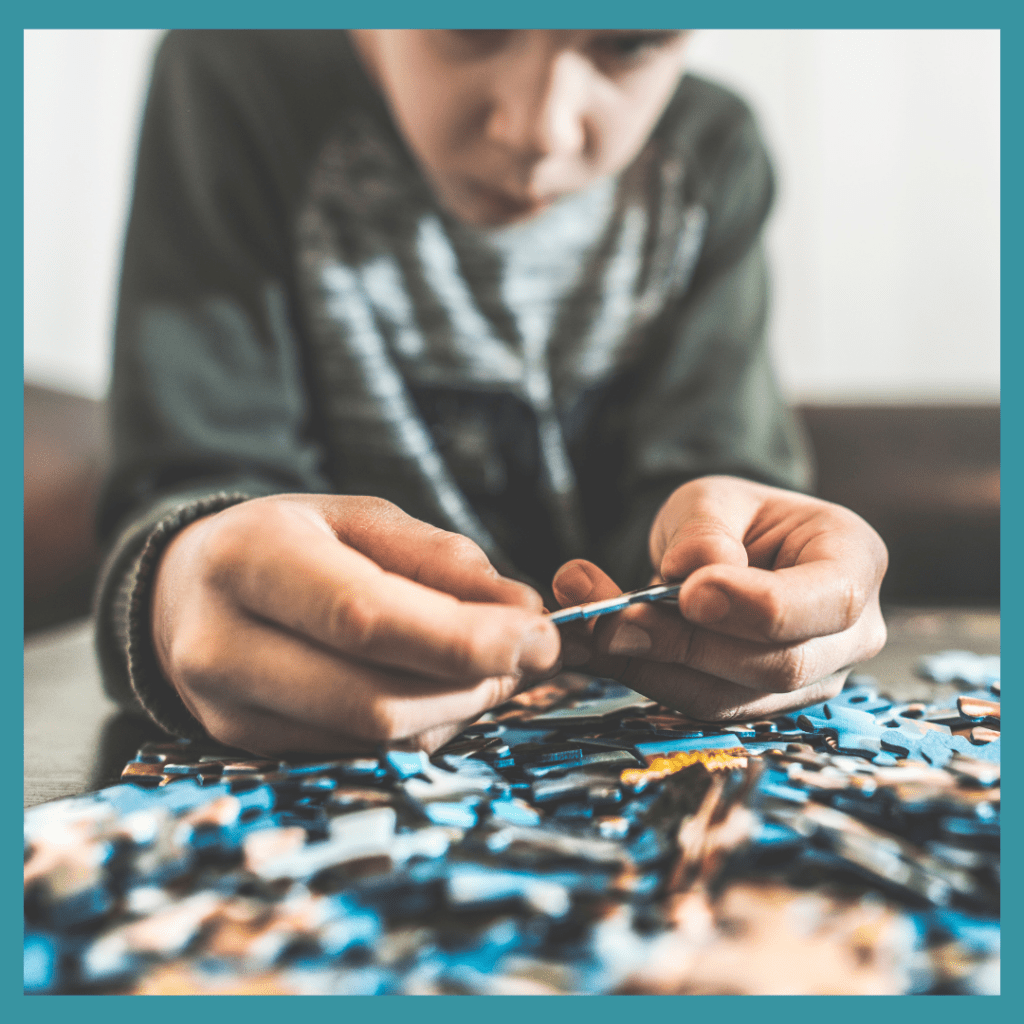


Puzzles are a staple in my classroom. They are great tool for helping children learn and grow. By using puzzles in your classroom or home, you can help kids develop important skills like problem-solving, concentration, and spatial reasoning. Puzzles are a fun way to learn and can help children succeed in many areas of life.
Happy Learning,
Lynda
